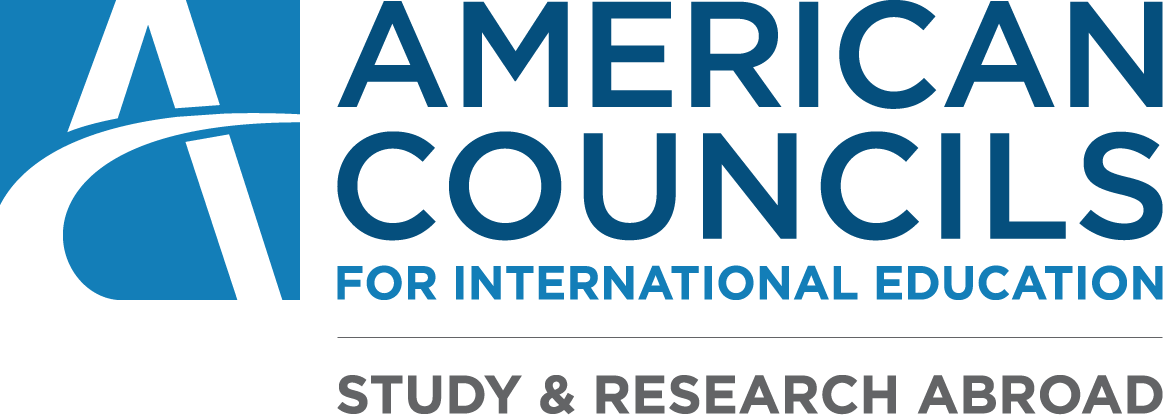Fulbright-Hays Scholarship Recipient Profile: Keenan Overa
Keenan Overa discusses his academic experience while participating in the online Advanced Russian Language and Area Studies Program (RLASP) as a Fulbright-Hays Group Projects Abroad scholarship recipient. This story was originally shared on October 26, 2020.
This past summer I had the opportunity to continue my study of Russian despite the ongoing global COVID-19 pandemic thanks to the online Advanced Russian Language and Area Studies Program (RLASP) from American Councils. Prior to applying I was struggling to understand how I could effectively continue my studies, as prior to the pandemic I was in the midst of a semester abroad in Moscow, Russia. COVID-19 dramatically impacted everyone across the globe, and my foreign language plans were no exception. RLASP allowed me to continue my studies and immersion despite the prevailing conditions, and I would strongly recommend other students and learners of any foreign language to consider online programs even beyond the scope of COVID-19.
Online learning is an unorthodox method, especially in the context of a foreign language. Immersion is by the far the largest challenge, as a constant and passive sense of being “in” the language is the most effective way to make real progress. The RLASP program was able to satisfy this goal extraordinarily well given the circumstances. All resources for the program were available in my target language, and every interaction with staff, teachers, and fellow students was conducted in Russian. More so, the classes that were available to us covered a wide and diverse range of topics, from political processes of Russia to cultural history to film. We also had more traditional courses on grammar and vocabulary, but the teachers were able to constantly engage with us in a fun, memorable way via technology. It would not be an exaggeration that one of my best and most successful experiences in practicing new grammar and words came during the course of the RLASP online program! In some ways, I like to imagine that the physical distance between everyone inspired us work even harder to connect and contribute to an environment of immersion. Class involved mentally thinking a different way every day, despite me still being home in the United States.
For future students I strongly recommend the online method of learning, especially if physical study abroad isn’t option because of travel restrictions or financial reasons. Online immersion is a worthy alternative means of making considerable gains in your language via constant practice and interaction with native speakers both as teachers and fellow students. There is also plenty of extra activities one can do to enhance one’s exposure to the target language, including watching foreign films, listening to podcasts, and reading the news from that country. All of these activities synchronize well with the RLASP program, and they can serve as additional conversation topics for future discussions. Finally, online video programs allow you and your classmates to get together outside the class and practice together, whether to work on homework as a team, study for an exam, or just casually talk. Online learning has so much potential beyond the implications of COVID-19.
While we undoubtedly hope that life will return to normalcy in the near future, this moment in time has demonstrated the real potential of online learning. Students should feel encouraged by the success of programs like RLASP, and should strongly consider them beyond COVID-19’s timeline as an effective method of language mastery.
About Fulbright-Hays Scholarships from American Councils
American Councils for International Education has received a grant from the U.S. Department of Education, Fulbright-Hays Group Projects Abroad, to provide scholarships for advanced overseas and online Russian and Persian language study. Learn more about the eligibility requirements here.
About Fulbright-Hays Group Projects Abroad
The Mutual Educational and Cultural Exchange Act, commonly referred to as the Fulbright-Hays Act, was made law by the 87th U.S. Congress under President John F. Kennedy on September 21, 1961. Senator J. William Fulbright and Representative Wayne Hays introduced the legislation, which represents the basic charter for U.S. government-sponsored educational and cultural exchange. 2016 marks the 55th anniversary of this landmark legislation. More information about Fulbright-Hays Group Projects Abroad can be found here.
By: Keenan Overa
Program: Advanced Russian Language and Area Studies Program (RLASP)
Term: Summer 2020
